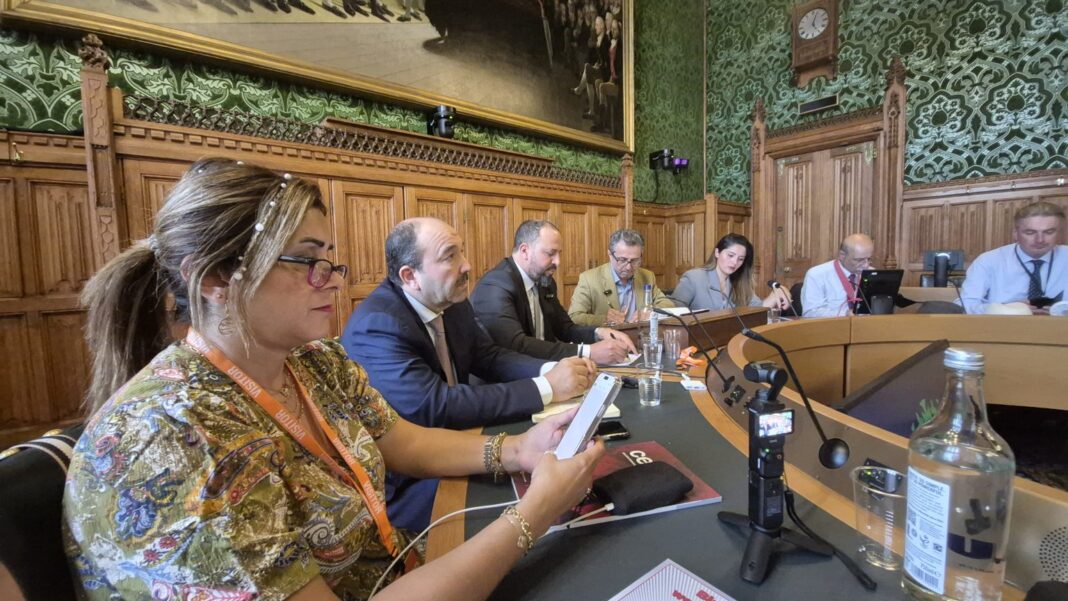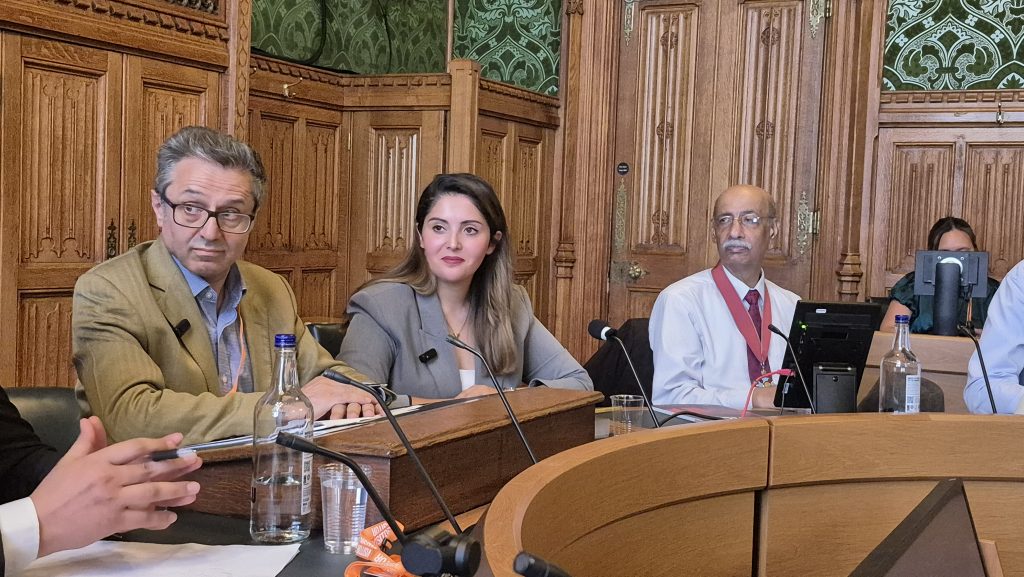By Prof. Shabnam Delfani
London (London Post) – At a high-level parliamentary briefing titled “Libya 2030: Reflections on 14 Years of UN Engagement and the Path to a Stable Future,” foreign policy experts issued a grave warning: the international community’s failure in Libya must not be replicated in Iran, where similar patterns of external pressure threaten to trigger catastrophic destabilisation.
Hosted at the UK House of Parliament, the event dissected 14 years of flawed international engagement in Libya—a nation once promised “peace and self-determination” after the 2011 intervention. Instead, Libya fractured into militia-controlled fiefdoms, its citizens now imprisoned by armed factions, paralyzed governance, and foreign interference. One speaker starkly noted: “Fourteen years on, Libyan officials still plead for sovereignty and unity. This isn’t progress—it’s proof the world failed to listen.”
The discussion pivoted to Iran, where alarming parallels suggest a potential rerun of Libya’s collapse. Despite its strategic significance and vibrant civil society, Iran faces suffocating sanctions, geopolitical isolation, and escalating internal despair. International rhetoric demanding “freedom” and “regime accountability” mirrors pre-collapse language used in Libya, often masking strategic interests rather than supporting organic reform. Critics argue such approaches have backfired: hardening ideological divisions, empowering hardliners, and crushing grassroots movements.
Experts, Civil Society and Politicians urgently cautioned Western powers against repeating short-term, pressure-driven strategies. “Iran is not Libya, but it could become its tragic sequel,” declared one analyst, emphasising that coercive tactics ignore local complexities. They called for a radical diplomatic shift: prioritising preventative dialogue over reactive interventions, collaboration over coercion, and sovereignty over strategic dominance. “The goal must be solidarity—not superiority,” insisted a keynote address, stressing that externally imposed solutions invariably fracture nations.
The consensus was clear: Libya’s unraveling offers a masterclass in the perils of misguided intervention. To prevent Iran from inheriting Libya’s fate, the international community must center Iranian civil society voices, support indigenous reform, and abandon the illusion that external pressure breeds stability. As the forum concluded, a chilling reminder echoed: “Libya’s tragedy must not be Iran’s future.”
INPS Japan/ London Post





